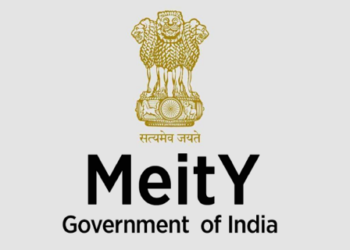Non-essential indoor events and facilities continue facing limitations in many states. After more than a year of restrictions, most economic sectors have accelerated their digital transition, welcoming large consumer groups and fresh capital into their online operations.
Entertainment Venues in Goa Still Locked Down
State governments across the Union continue their battle with a series of coronavirus waves and vaccination challenges, and many local authorities have adopted short-term planning as an official strategy. Goa is one of the states which have decided to have weekly updates on closures and other restrictions on social and economic activities.
As per local media accounts, one of Goa’s most important employers, Delta Corp, will have to keep its casino venues closed at least until the end of the month. The curfew extension was announced by the Chief Minister, with all existing measures already in place confirmed.
Goa’s emblematic casinos have been a state brand for over two decades, boosting tourism and the local economy. Many fear that prolonged closures will damage the sector irreparably and its capacity to create positive spillover effects for the state.
Others choose to patiently wait out the current rough patch, with a growing number of players turning to Indian online casino platforms and mobile gambling apps.
What Remains Open in Goa?
Previously, the Goa government had already let smaller indoor facilities stay open with 50% capacity, including sports venues (with no crowds) and religious places admitting up to 15 people. Social gatherings and family events remain possible for those under 100 or half-capacity as well. Banks, medical and foodservice places remain open with appropriate measures.
Non-essential indoor businesses and events have long been off-limits. These include casinos, education, entertainment, and well-being venues and events, weekly markets, and night-shift stores. Public gatherings (of more than 5) not explicitly permitted are also not allowed. Much of Goa’s traditional economy revolves around entertainment and tourism, leaving the local economy unable to plan for the coming months as well.
The Loss of Some Is the Gain of Others – Online Businesses Thrive
As a young and tech-savvy nation, Bharat has shown its ability to adapt and transition to online and mobile even before the pandemic. Tier-1 cities, especially, have proven their influence as a driving force for online consumption of entertainment, media, retail, and services. Much has been written about the online boom in the Union, with affordable smartphones and cheap internet packages often cited as the trigger.
The past year and a half, however, has emphasized the growing importance of online markets, with large-scale mergers, acquisitions, and financing rounds becoming the norm in a dynamic business climate.
The growth of India’s digital segment has made hundreds of innovative local companies attractive in the eyes of tech giants, both national and international. Reliance Retail has completed a series of related acquisitions, the latest one targeting desi-made online search engine Just Dial. Tata Digital is also active on the scene, recently acquiring a majority stake in BigBasket, the hugely popular online grocery and supermarket platform.

















